Difference Between Ambassador and High Commissioner helps to clarify their distinct roles in diplomacy. Learn the Difference Between Ambassador and High Commissioner in Commonwealth and non-Commonwealth nations.
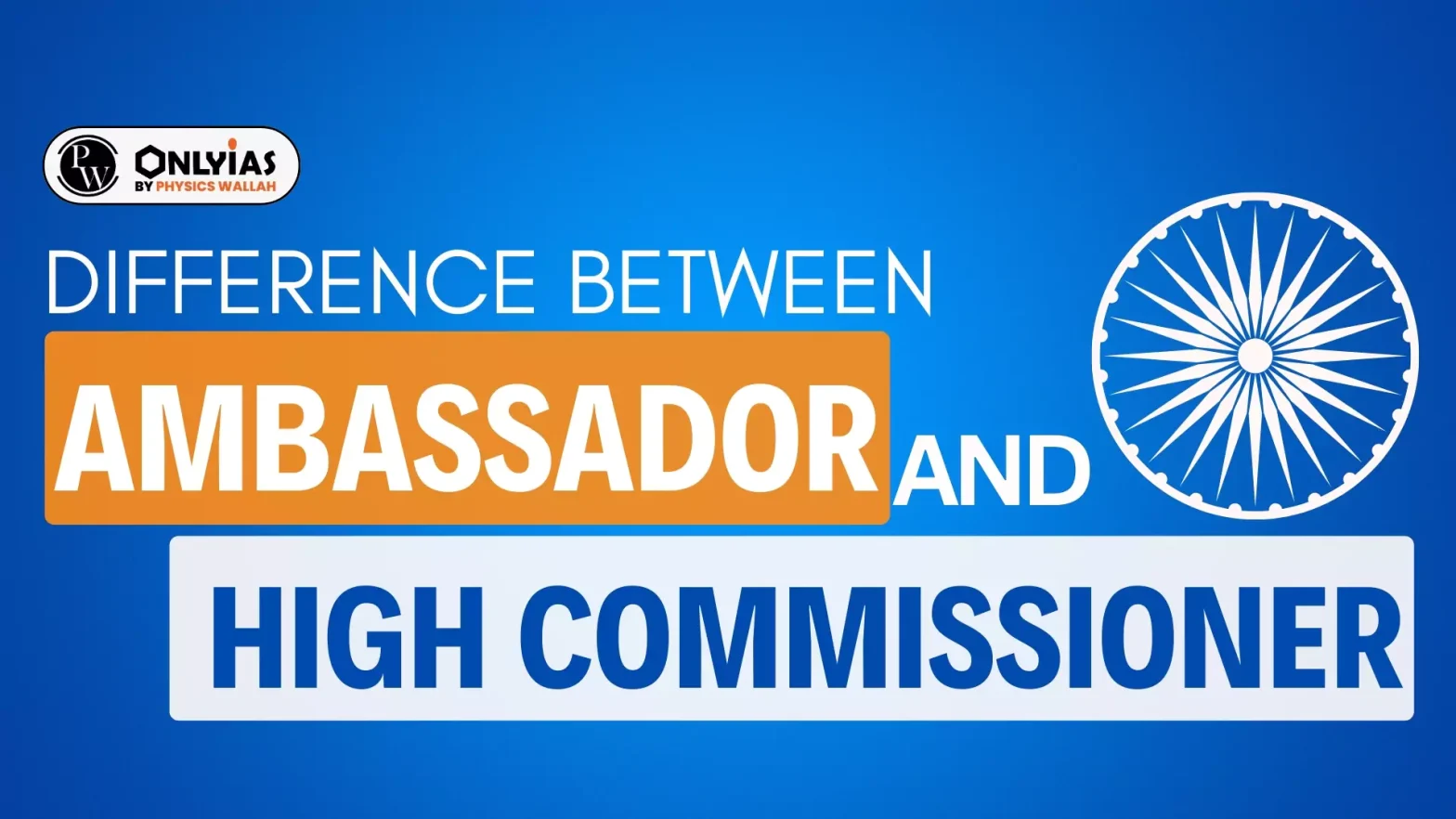
Difference Between Ambassador and High Commissioner: In the context of international relations, terms like “Ambassador” and “High Commissioner” often appear when discussing diplomacy. Some people think that these roles are similar in their duties, but there are specific differences that separate them apart. Both are key factors in maintaining diplomatic relations between two or more countries, yet their titles and functions vary depending on the historical, political, and geographical contexts. We have created this informative guide which explores the Difference Between Ambassador and High Commissioner, their roles, and how they function within the diplomatic framework.
An Ambassador is the highest-ranking authorised representative of a country to another sovereign state. They are appointed by the government and are responsible for representing their home country’s interests while negotiating with the host nation and encouraging political, economic, and cultural relations. The position is important in maintaining peace, resolving disputes, and enhancing cooperation between nations.
Generally, ambassadors work in embassies located in the capital cities of their host countries. They are granted full diplomatic immunity, which ensures they are not subject to the laws of the host country, allowing them to operate freely in their duties. Ambassadors engage in activities such as signing treaties, mediating international agreements, and safeguarding the rights of their citizens abroad.
The role of the High Commissioner is similar to that of an ambassador but operates within a specific context. High commissioners represent their home country to another member of the Commonwealth of Nations, an association of countries, most of which were once part of the British Empire. This unique title originated due to historical connections between the member states, which promote a sense of shared history and cooperation.
Like ambassadors, high commissioners reside in diplomatic missions, known as high commissions instead of embassies. The primary function of a High Commissioner is to manage diplomatic relations between Commonwealth countries, promoting peace, trade, and cooperation. The role also includes protecting the interests of their citizens, overseeing visa and immigration services, and negotiating agreements between the two Commonwealth states.
The difference between the Embassy and the High Commission lies in the nations they operate and their historical connections.
The table below highlights the key differences between both diplomatic roles to get a clear and concise overview of the Difference Between Ambassador and High Commissioner. These differences are primarily based on historical context, the nature of diplomatic missions, and the countries they represent.
| Key Differences Between Ambassador and High Commissioner | ||
| Aspect | Ambassador | High Commissioner |
| Geopolitical Context | Represents their country to non-Commonwealth nations. | Represents their country to other Commonwealth member nations. |
| Historical Background | No special historical connection to the host country. | Reflects historical relations through the British Commonwealth. |
| Diplomatic Mission | Runs an embassy. | Runs a high commission. |
| Formality of Relations | More formal diplomatic interactions. | Generally more informal due to the shared history among Commonwealth nations. |
| Appointment | Appointed to non-Commonwealth countries by their government. | Appointed to Commonwealth countries by their government. |
| Title of Diplomatic Mission | Operates in embassies. | Operates in high commissions. |
| Diplomatic Rank | Holds the highest diplomatic rank, similar to a high commissioner. | Holds the highest diplomatic rank, similar to an ambassador. |
| Cultural and Economic Exchange | Promotes cultural, economic, and political relations globally. | Focuses on promoting cooperation among Commonwealth countries. |
Both Ambassadors and High Commissioners perform important roles in diplomacy, which ensures peaceful and productive relations between countries. Here is a closer look at their common responsibilities:
Ambassadors and high commissioners act as their nation’s chief negotiators in the host country. They engage in political, economic, military, and cultural discussions, ensuring that their country’s interests are represented.
Promoting and boosting the trade function between their home country and the host nation is a crucial aspect of the job. Ambassadors and high commissioners work to remove trade barriers, negotiate economic agreements, and attract investment to their respective countries.
Diplomatic missions are instrumental in promoting cultural exchanges between nations. Ambassadors and High Commissioners promote cultural diplomacy, organizing events and enabling collaboration in education, the arts, and sciences between their countries and the host nation.
One of the primary responsibilities of both Ambassadors and High Commissioners is to provide counselling services to citizens living or travelling abroad. This includes helping people with visa services, assisting in legal matters, and offering protection and advice during emergencies.
There are many Ambassadors and High Commissioners who have made significant contributions to international diplomacy. Their efforts have not only supported political relations but also promoted peace, economic cooperation, and cultural exchange between countries. We have created a table which highlights some of the notable figures and their contributions:
| Famous Ambassadors and High Commissioners and Their Contribution | ||||
| Name | Title | Country Represented | Contribution | Image |
| Kofi Annan | Ambassador | Ghana | Played a pivotal role in resolving conflicts in Africa and promoting global peace as a former UN Secretary-General. | 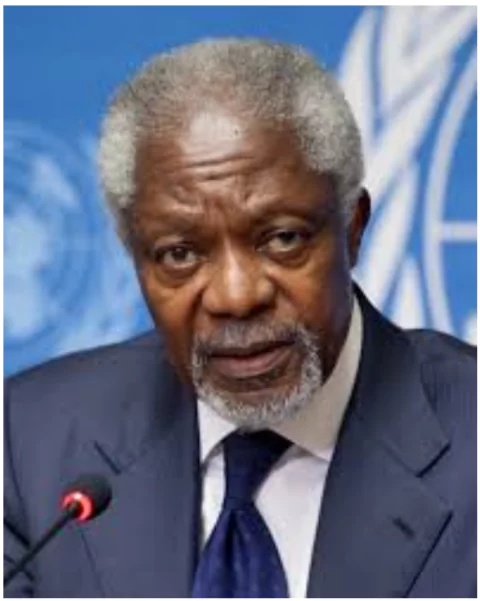 |
| Richard Holbrooke | Ambassador | USA | Known for brokering the Dayton Accords that ended the Bosnian War in 1995. | 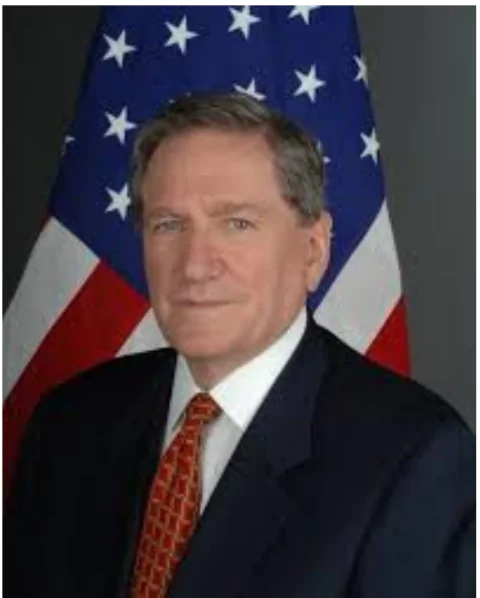 |
| Nirupama Rao | High Commissioner | India | Strengthened India’s diplomatic relations with Sri Lanka and China. | 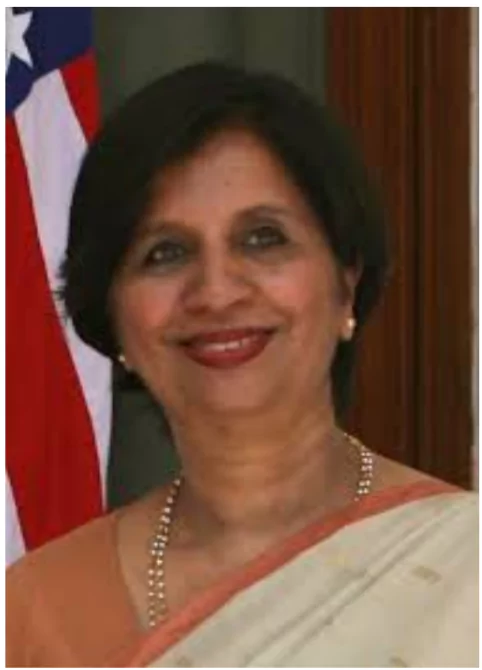 |
| Sir Geoffrey Adams | High Commissioner | UK | Fostered economic and political ties between the UK and Egypt as High Commissioner. |  |
| Vijaya Lakshmi Pandit | High Commissioner | India | India’s first female high commissioner to the UK; played a key role in post-independence diplomacy. | 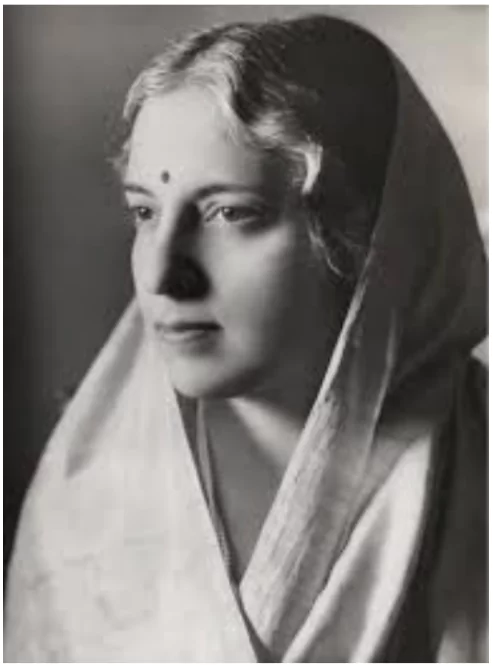 |
| Jean Kennedy Smith | Ambassador | USA | Advocated for the peace process in Northern Ireland during her tenure in Dublin. |  |
In summary, the Difference Between Ambassador and High Commissioner is subtle but important, rooted primarily in the historical context and political relationships between countries. An Ambassador represents their home country to a non-Commonwealth nation, while a High Commissioner serves a similar role within the Commonwealth of Nations. Both are crucial figures in the world of diplomacy, responsible for managing diplomatic relations, promoting trade, and representing their citizens abroad.
|
Related Articles |
|
| Indian Foreign Service (IFS) | Analysis Of Indian Forest Service (IFS) Exam |
| IFS Officer Salary | Indian Foreign Service Day 2024 |
No, the High Commission operates between Commonwealth countries, while an embassy is for relations with non-Commonwealth nations.
India has High Commissions in Commonwealth countries and embassies in non-Commonwealth nations.
A High Commissioner acts between Commonwealth nations, while an ambassador works in non-Commonwealth countries.
High Commissioners are appointed by the head of the government of one Commonwealth nation to represent their country in another.
Yes, High Commissioners enjoy full diplomatic immunity, similar to that of ambassadors, ensuring their diplomatic freedom.
A High Commissioner manages diplomatic relations, promotes trade, and supports citizens between Commonwealth countries.
<div class="new-fform">
</div>